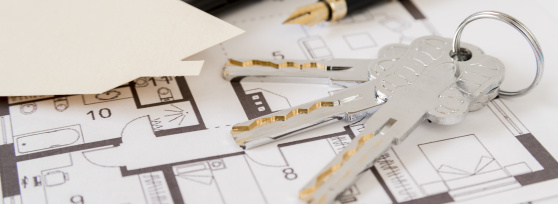Freehold vs Leasehold

What is the meaning of freehold?
According to Act 56 of the Malaysia National Land Code, 1965, the State authority is the sole owner of all State lands. It will, however, be a freehold title if the authority transfers ownership of the land to a single person for an indefinite amount of time.
When you purchase a freehold property such as a bungalow, private residence, or condominium on a specific plot of land, the rules or conditions above applies. If a developer purchases a freehold parcel of land, a Master Title would serve as proof of ownership.
However, if the property/development is a condominium or high-rise strata building, the buyer of a condo unit will only have ownership of a portion of the residential development which will be distributed to the buyer in the form of Strata Title. The developer will retain ownership of the land.
What are the benefits of buying a freehold property?
- The buyer will have ownership of the land the property is built on.
- The owner will have freedom on what they want to do to the freehold property in
- terms of land usage and structural changes. Nevertheless, any renovation or modification is still subject to environmental and local authorities regulations.
- Freehold property in general has good resale value. This is especially if the property is situated in a strategic location, capital appreciation will increase consistently over the years in a typical economic environment.
- The buyer can sell the property faster as there are fewer limitations on transferring the land. The sale of a freehold property will generally take 3+1 months to complete, as per the Sales and Purchase Agreement (SPA).
What is the meaning of leasehold?
A land will have leasehold title when the State transfers ownership to a person for a certain amount of time, up to a maximum of 999 years. The ownership of the land reverts to the State authority after the leasehold period has passed. If the owner wants to retain the land, he will have to apply for a leasehold extension before the lease expires. In exchange for a premium payable based on the market value, he can extend his lease if the renewal is approved.
The tenure of leasehold properties ranges from 30, 60, 99, and up to 999 years. Unlike freehold title, leasehold title owners need to abide by stricter rules and regulations. The usage and type of activities allowed on the land are restricted by the rules stated by the government.
The buyer will be responsible for the maintenance of the land or property as per land legislation. The state authority has the power to forfeit the lease if the buyer or owner is deemed unfit to take care of the land and considered non-performance.
What are the benefits of buying a leasehold property?
Leasehold properties cost lower than a similar freehold one, typically by 20%.
Such properties have higher rental yield since their entry point is lower.
Developers of leasehold properties usually provide better facilities and more incentives to purchasers to stay competitive.
- Leasehold properties cost lower than a similar freehold one (typically by 20%).
- Such properties have higher rental yields since their entry point is lower.
- Developers of leasehold properties usually provide better facilities and more incentives to purchasers to stay competitive.
Overall both freehold and leasehold have their own benefits and buyers should choose based on their needs and plans. Do take your time and make multiple considerations before you make the final purchasing decision. Good luck!


